Unitaid was founded in 2006 by Brazil, Chile, France, Norway, and the United Kingdom to battle growing inequities in global health.
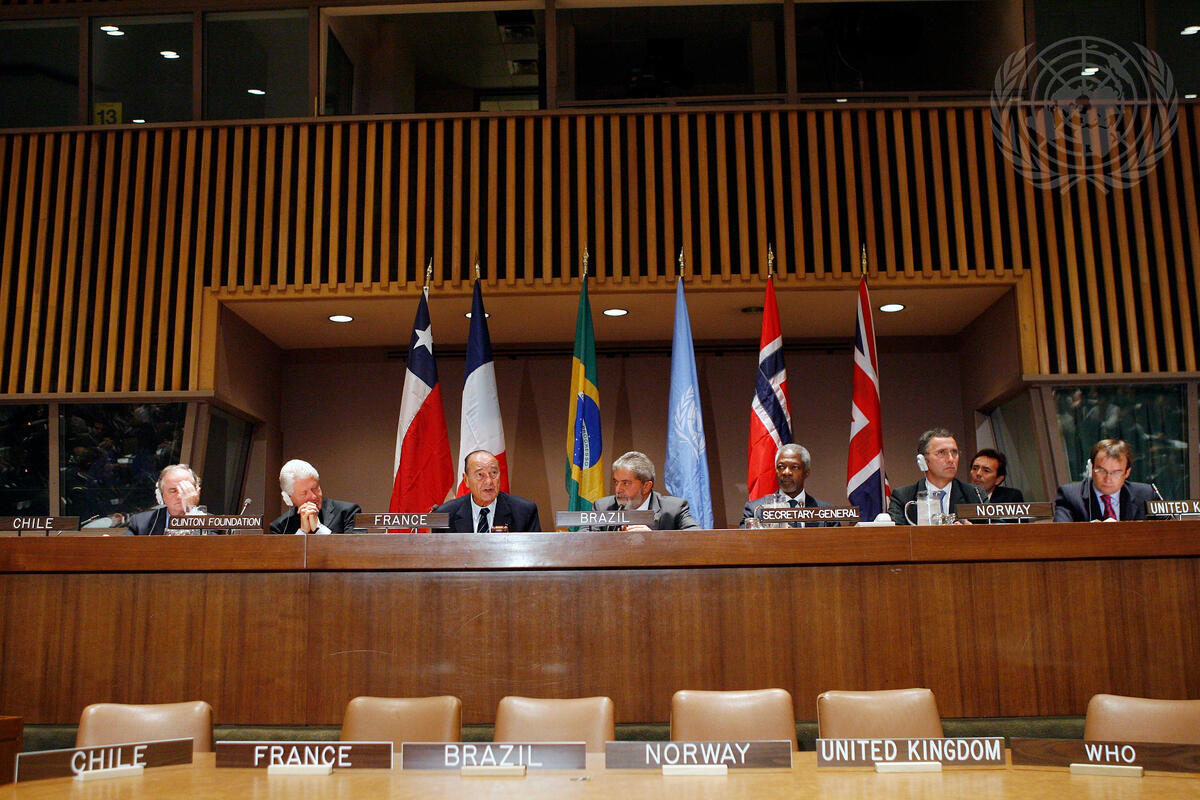
With the newly enshrined Millennium Development Goals setting out the first elimination targets for “the three pandemics” – HIV, tuberculosis, and malaria – and advances in health technologies capable of delivering great results, Unitaid was created to ensure people everywhere could benefit.
By identifying innovative solutions to complex global health problems and confronting the factors that stop solutions from being widely implemented, Unitaid has succeeded in unlocking access to more than 150 health products in its decade and a half history.
“When you think of the most game-changing advances in TB, HIV, and malaria over the past 15 years, what comes to mind?” asks Dr Philippe Duneton, Executive Director of Unitaid.
“New HIV antiretroviral treatments, dramatically improved regimens for TB treatment and prevention, bed nets, indoor sprays, and seasonal prevention for malaria. The malaria vaccine. HIV self-tests and pre-exposure prophylaxis (PrEP). Better tools for diagnosing TB and newborns with HIV. Medicine formulations that enable children to access treatment.
“In each case – and many others – Unitaid was critical to their success.”
“When I came to know about my status, there was no treatment for people living with HIV in my country,” said Maurine Murenga, advocate, civil society representative and woman living with HIV.
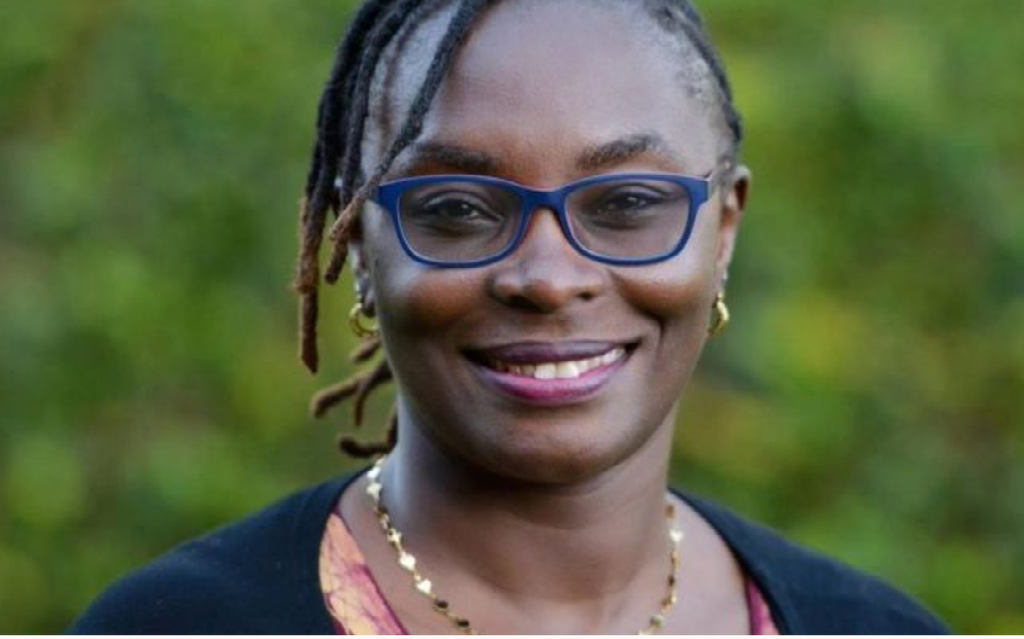
“We were just surviving – waiting to become sick and to die.”
When her son was born in 2002, she had no access to the medicines to treat her HIV and prevent transmission of the virus to her son, who was infected at birth.
Antiretroviral medicines slowly began arriving in Kenya and other countries, but supply was limited, and the medicines were too expensive for most people. Unitaid, through the Medicines Patent Pool, negotiated voluntary licenses to secure price reductions and foster a generic marketplace for treatment. Additional efforts drove the rapid introduction new, less toxic medicines and combination therapy, which reduced the pill burden from 24 a day to just one.
But even as adult treatment options improved, accessing care for her son lagged behind.
“It was very difficult for us as mothers to get treatment and see our children die from an infection they got from us,” says Maurine. “We started giving adult medication to our children. We would break it into two and sometimes one side would be bigger, you were not sure if the dosage was right.
“There were a lot of complications, and we lost a lot of children.”
Children and their caregivers have struggled for decades to care for children with treatable diseases, for a simple lack of adapted formulations. Child-friendly medicines, which come in fruit flavored syrups or powders that can be dissolved in liquid and dosed according to a child’s weight are critical to ensuring adequate treatment.
Recognizing this enormous gap that put children’s lives at risk, Unitaid’s investments have quickly delivered child formulations of several medicines, enabling children to be treated for HIV, cured of TB, and access antimalarial preventive treatments. Taking it a step further, Unitaid negotiated price reductions to ensure all children can benefit.
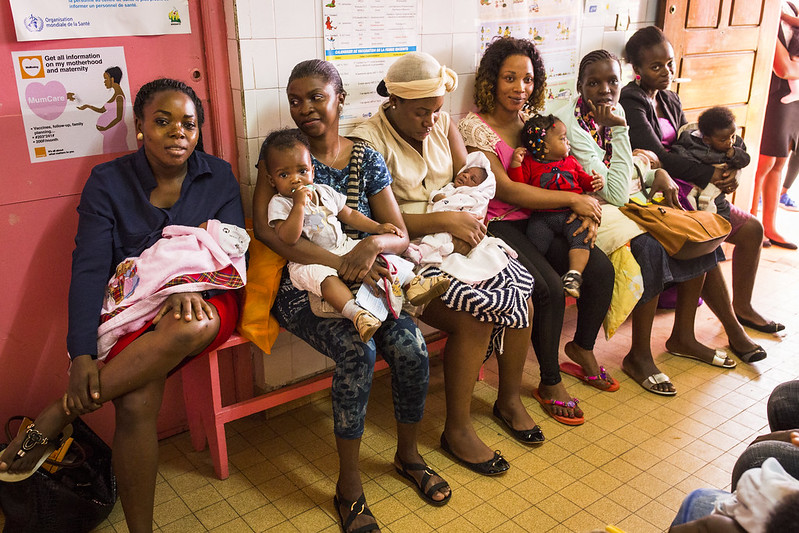
“Innovations do not automatically reach everyone who needs them. Billions of dollars are invested each year in health-related research and development, yet very few resources are dedicated to ensuring these products can benefit people living outside of high-income countries,” says Dr Duneton. “This is where Unitaid steps in, where products are falling short of targets, or failing to deliver their full potential impact.”
Operational evidence is often the missing link that makes the difference between limited use of a new tool and wide-scale adoption. Without it, many life-saving tools would remain in the lab or on the shelf due to a lack of evidence to guide the policy recommendations or regulatory approvals that are needed for national programs to implement changes.
“For 15 years, Unitaid has been supporting countries to scale up innovations that save lives,” said Dr Tedros Adhanom Ghebreyesus, Director General of the World Health Organization (WHO). “WHO is proud to work with Unitaid to identify gaps and design interventions that are most needed to protect and promote health. By working to make sure innovations do not get stuck on their path to scale up, the entire global health system benefits from Unitaid’s model.”
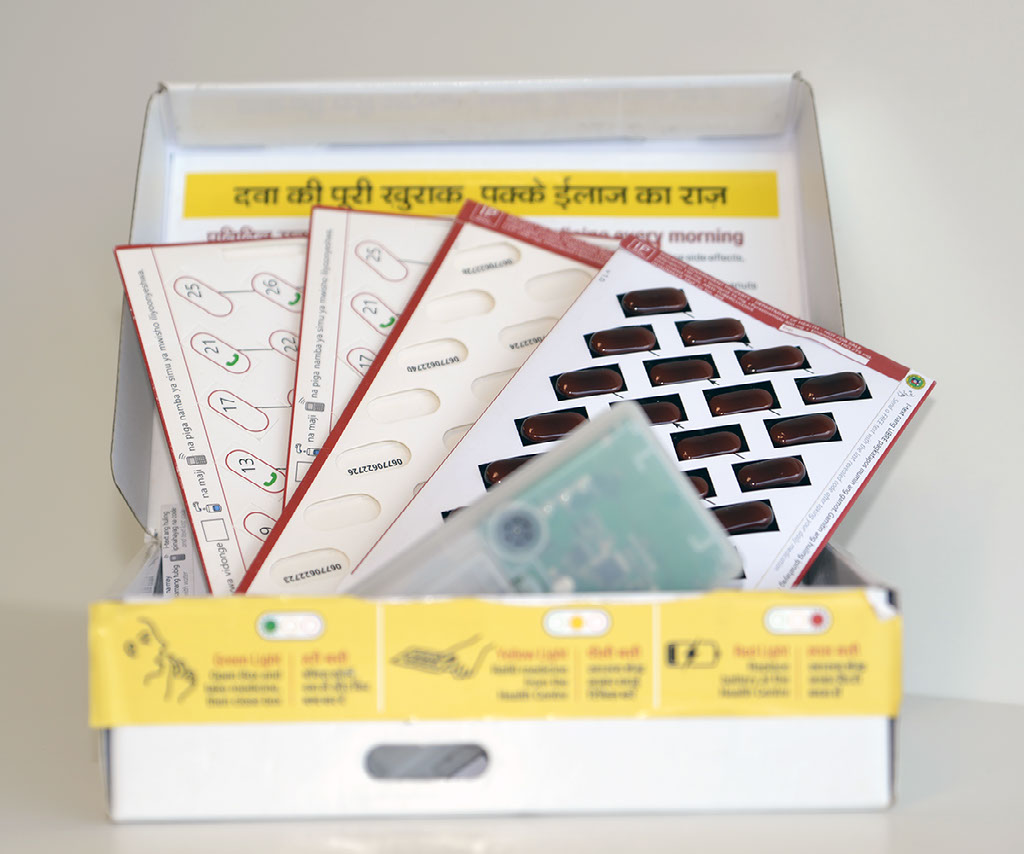
In response to these critical gaps, Unitaid has pioneered the introduction of game-changing products and interventions that are the mainstays of disease responses today.
“Thanks to Unitaid, more people across Africa have access to the best HIV treatments at a fraction of the original price. Young children have been cured of tuberculosis with high-quality formulations that are easy to administer. Millions of young people are better protected against malaria through large-scale seasonal delivery of medicines, an approach that has dramatically reduced child mortality without raising costs,” said United Nations Secretary-General António Guterres, in a statement issued to mark Unitaid’s anniversary.
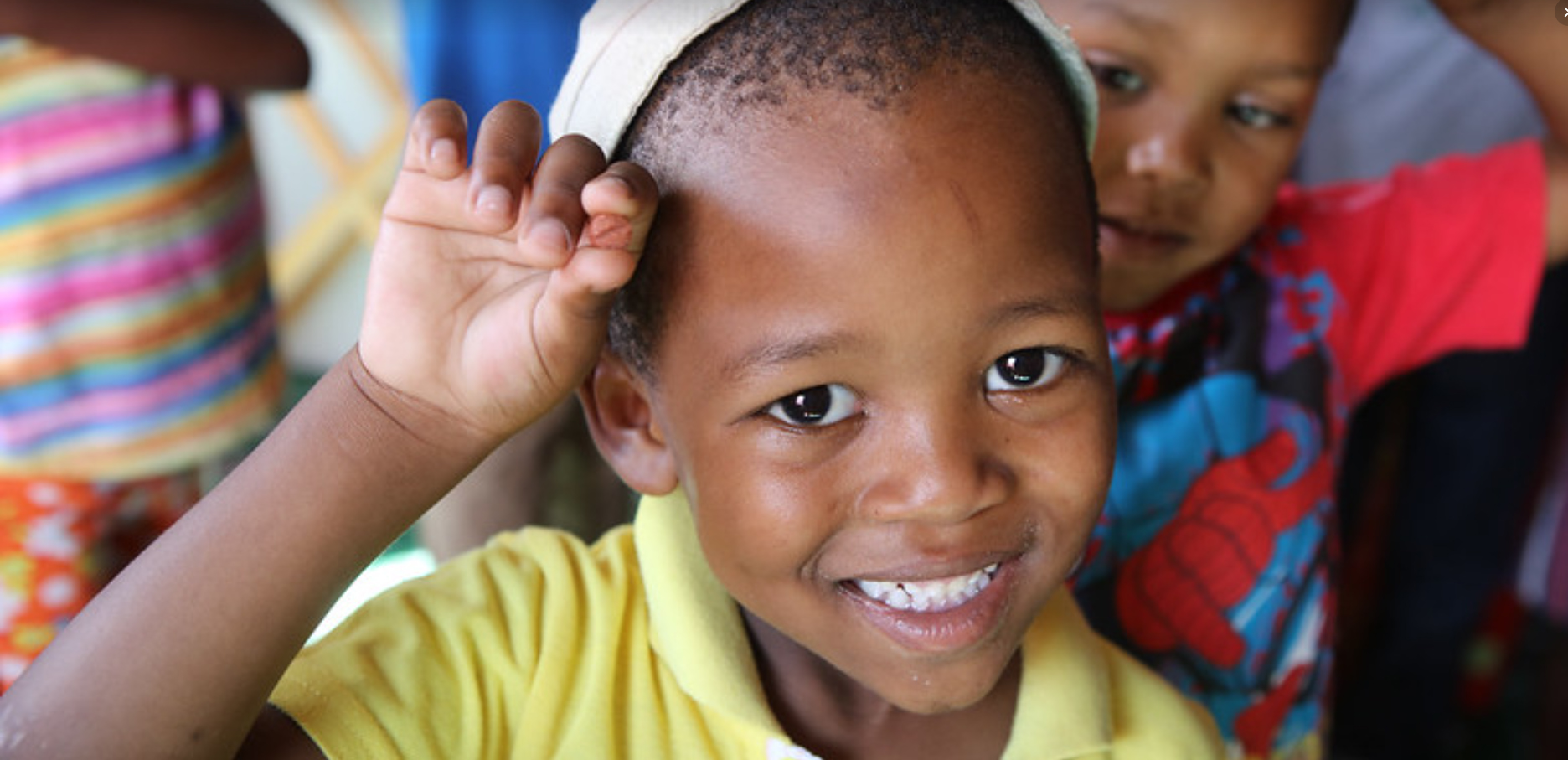
Despite considerable gains over the past 15 years, the world finds itself in a similar situation today as it did at the time of Unitaid’s creation. The pathogen is new – COVID-19 – but the same patterns of high prices, inaccessible supply, and inequitable distribution are creating divergent pandemic responses across the world.
Unitaid has key role in the Access to COVID-19 Tools Accelerator (ACT-A), a powerful partnership of leading global health agencies, working together to develop and deploy vaccines, treatments, diagnostics, and other essential tools as quickly as possible, to ensure people everywhere can benefit from the highest quality interventions.
Oxygen, an essential medicine for treating many severe diseases, is a mainstay COVID-19 therapy. Unitaid’s efforts to increase access during the pandemic have supported countries to develop national strategic roadmaps, and delivered agreements with the largest medical oxygen suppliers, addressing oxygen bottlenecks, scaling up supply and reducing prices for the countries with the greatest needs.
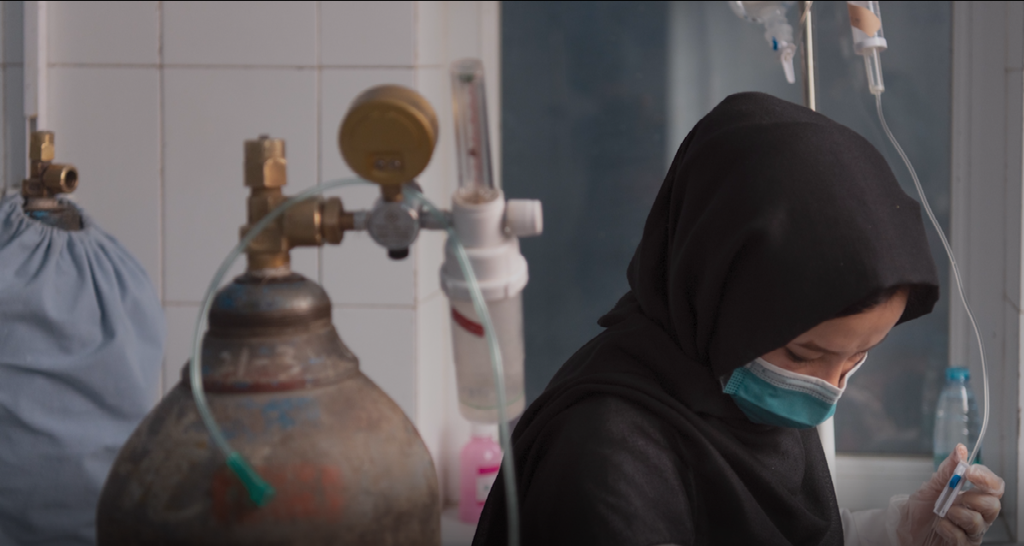
“The work we are doing to advance efforts against COVID-19 is helping build stronger, more resilient, better prepared health systems. But many countries still cannot afford the new tools that have allowed many high-income countries to control outbreaks,” says Dr Duneton.
“And the pandemic has had a devastating impact on virtually all other global health programs. While certain interventions introduced by Unitaid – such as community delivery of preventive treatment for malaria, digital technologies to support patients with TB treatments, and HIV self-testing – have helped bridge gaps in service delivery, global health suffered major setbacks.”
With less than eight years to deliver the Sustainable Development Agenda, Unitaid is gearing up to launch an ambitious new strategy that will reinvigorate progress against health challenges old and new. This includes a reinforced, more systematic partnership with The Global Fund to better meet the needs of people and communities affected by disease.
“Unitaid and The Global Fund share a common goal, but serve very different yet complementary purposes,” says Peter Sands, Executive Director of The Global Fund to Fight AIDS, TB and Malaria. “Unitaid pilots and stimulates innovation, and The Global Funds takes the ideas that work and scales them up for delivery.”
“We are not going to achieve the Sustainable Development Goals by doing more of the same. We need more resources, and we need innovation – not just in medical technologies but in our delivery of those products, and the way we work together.”
Unitaid will mark its 15th anniversary at a commemorative event on 22 May, celebrating the achievements in global health delivered with its partners and galvanizing momentum to tackle the challenges that remain.
Today, Unitaid’s donors are Brazil, Chile, France, Japan, Norway, the Republic of Korea, Spain, the United Kingdom, and the Bill & Melinda Gates Foundation. As part of Unitaid’s response to the COVID-19 pandemic and leadership of the ACT-Accelerator, the organization received additional resources from Canada, Germany, Italy, Portugal, and Wellcome.
Unitaid is a hosted partnership of the World Health Organization.
© 2022 Unitaid